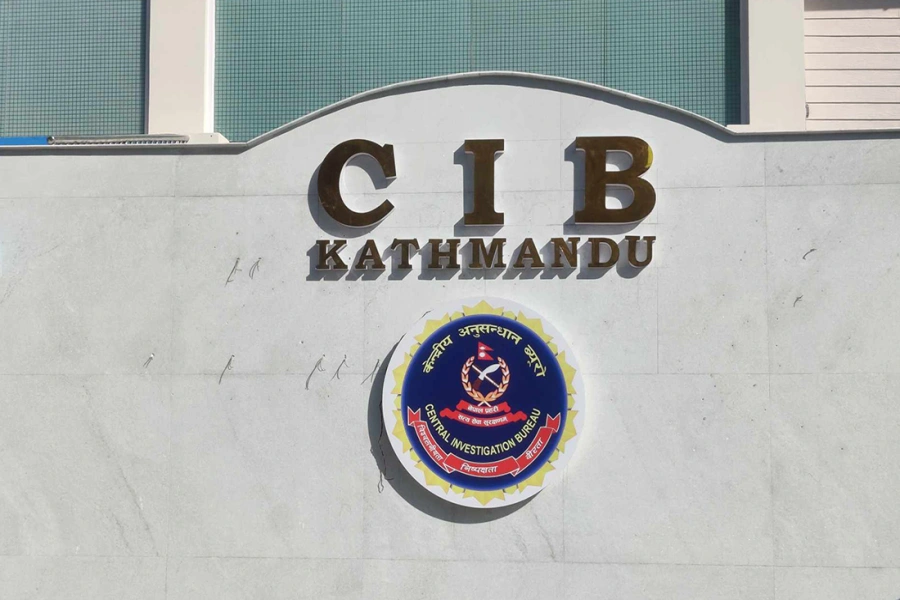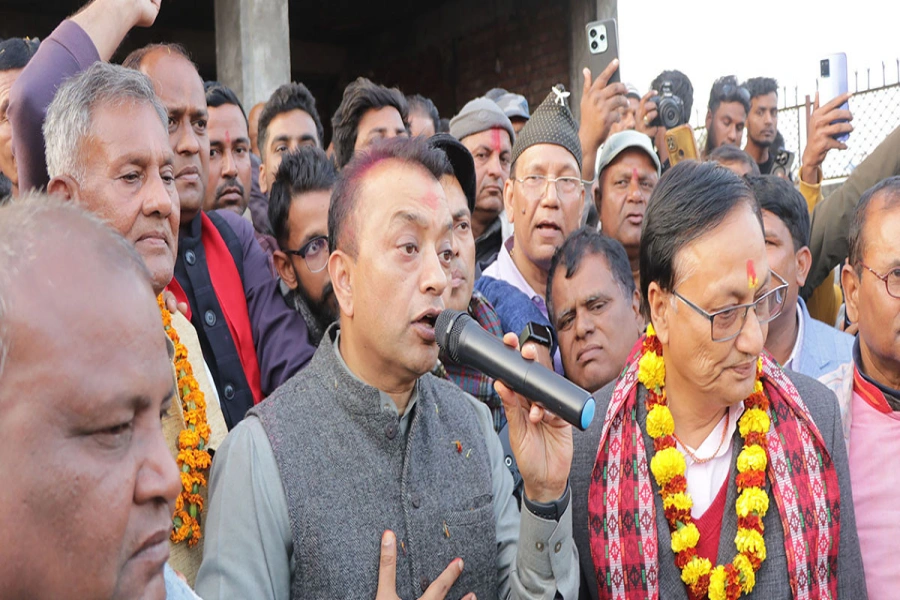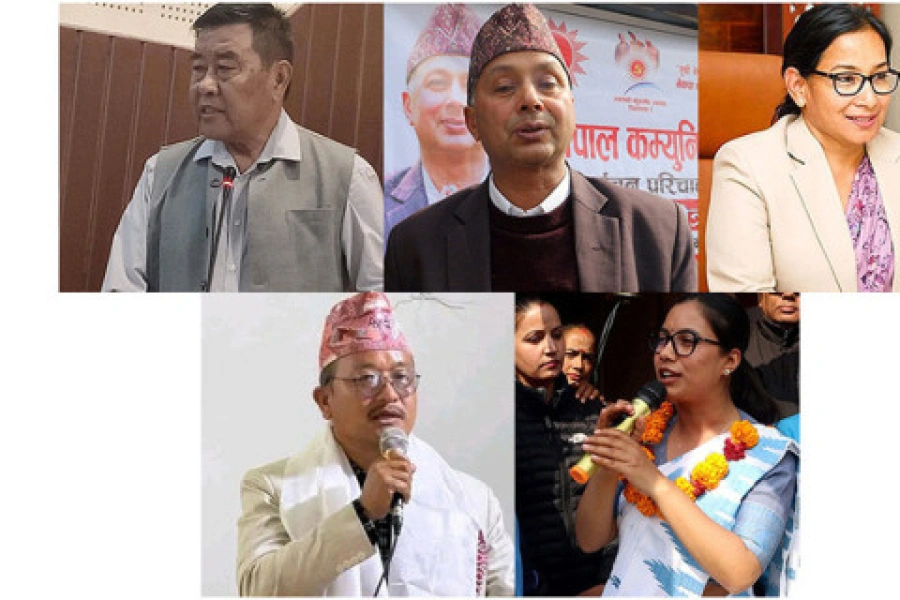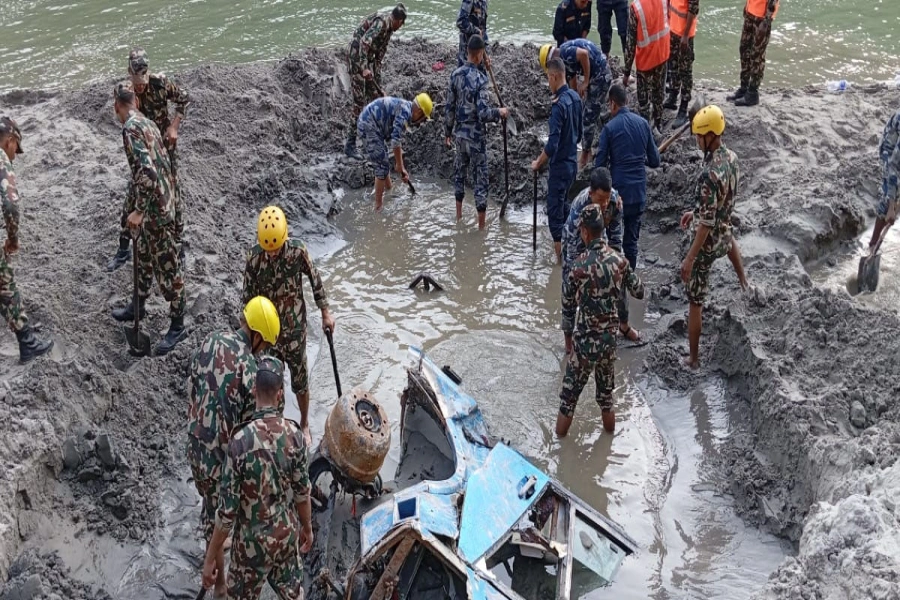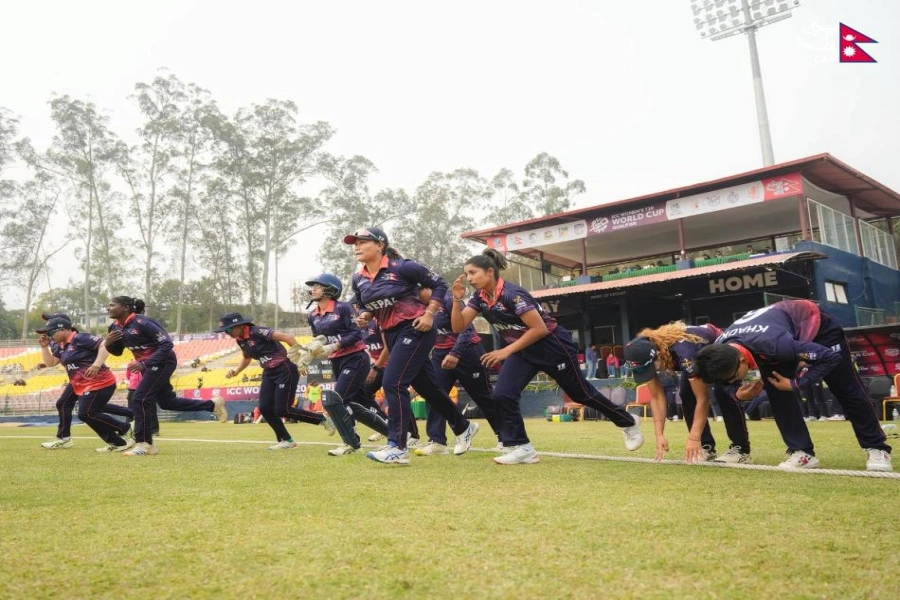KATHMANDU, Feb 20: When the passersby look at the Bagmati River from the Shantinagar Bridge, all that they can see is a huge pile of solid waste being swept away by a brown colored river. The residents of the capital, who take the river for granted, have been disposing of their waste, - biodegradable as well as non-biodegradable - in the river for decades. As a result, the river has become synonymous with pollution.
However, the river, which is considered sacred by Hindus, is not polluted to such an extent everywhere in its 44 km stretch in the Kathmandu Valley. A community of people living beside a seven kilometers section of the river has set an example of effective waste management for all the residents of the riverbanks.
For the last few years, the residents of the area along the seven kilometers stretch of Bagmati from Gokarna to Tilganga in the coordination of Bagmati Beautification Concern Forum (BBCP) have set up an example for the management of both the types of solid waste to keep the river clean.
The art of creative reuse : Upcycling waste and upscaling the e...
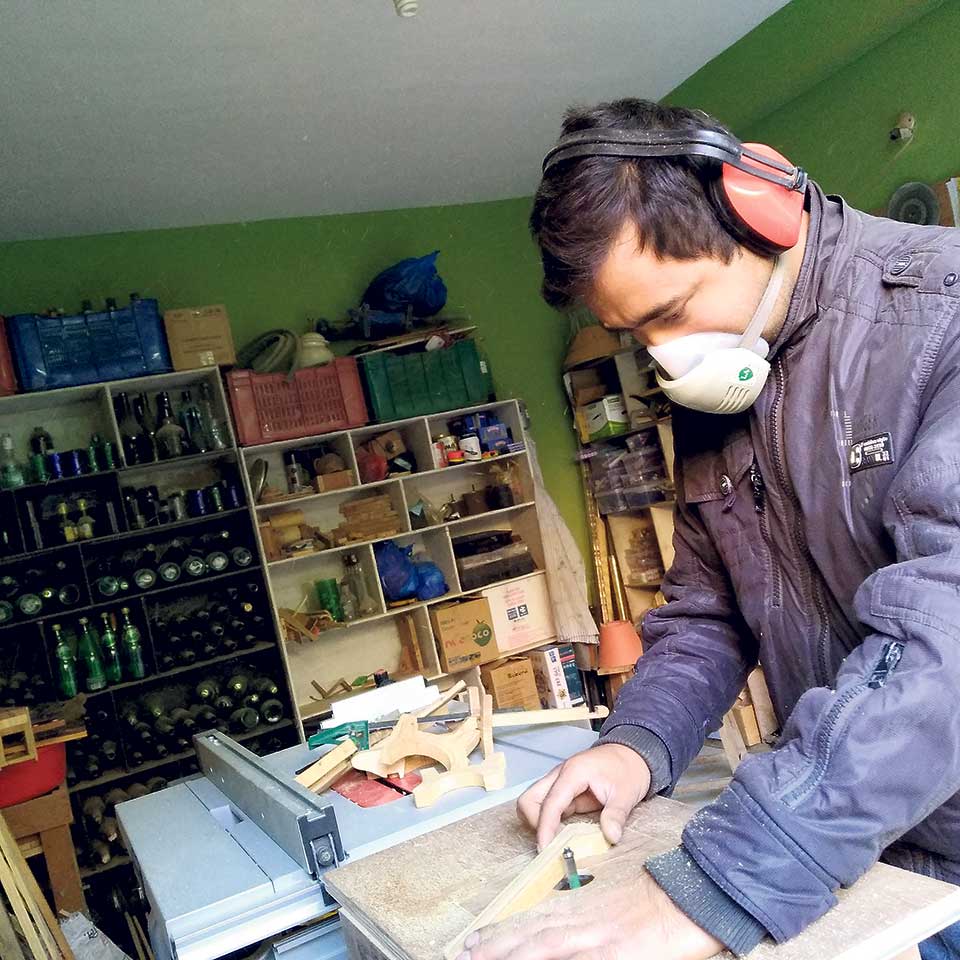
Officials from the BBCP claim that it is not the river that they are trying to clean but with it the negative mentality of the people towards the river. “Our goal is not just to clean up the river,” coordinator of BBCP Uttam Pudasaini said, “We are trying to use Bagmati as a medium to clean the mindset of the people.”
He added that the community in the area is so effectively mobilized for the clean up that they are now committed to neither throw any waste in the river nor let anyone do so. As a result, the seven km part of the river now looks entirely different from various parts downstream the river. It is very rare to find waste (if any) in the river in the section.
Of the community on the Bagmati river basin in the seven km section, the locals of Gokarneshwar Municipality have been the most proactive in managing their solid waste. Various Area Improvement Committees in coordination with BBCP has provided 965 compost bins to the locals of this area.
Shova Shrestha, a local of Makalbari, said that it has become very easy to produce manure for her kitchen garden since she bought the compost bin. “With the use of the EM mixture, I was able to ready manure for my kitchen garden in two months,” she said, “In addition, it is very satisfying to realize that my household waste is of use.”
According to the coordinator of Makalbari Area Improvement Committee (MAIC) Binit Raj Aryal, the compost bins which come handy to change the biodegradable waste from households to manure were distributed to the locals at Rs 1,700 each. The same bin costs Rs 3000 in retail. In addition, the MAIC also distributes Effective Microorganism (EM) mixture for catalyzing the decay process of the degradable waste. Till date, 80 compost bins have been distributed in Makalbari alone.







